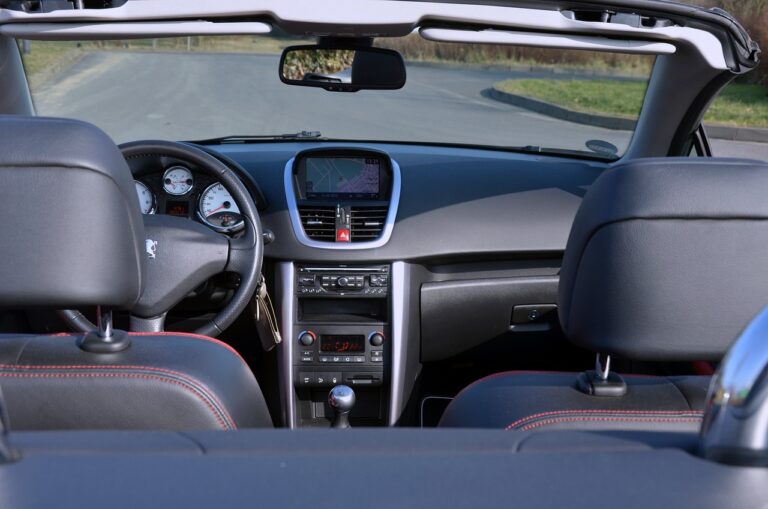The Future of Autonomous Vehicles in the Hospitality Industry
Autonomous vehicles hold great promise for revolutionizing the hospitality industry. With the ability to provide efficient and safe transportation for guests, these self-driving vehicles offer a convenient and innovative way to enhance the overall guest experience. The convenience of autonomous vehicles allows guests to easily navigate unfamiliar destinations, increasing their satisfaction and loyalty to hospitality businesses that offer this cutting-edge service.
Moreover, the integration of autonomous vehicles in hospitality can streamline operations and reduce costs for businesses. By optimizing routes and eliminating the need for manual drivers, establishments can improve efficiency and resource management. This not only benefits the bottom line but also frees up personnel to focus on providing a more personalized and tailored experience for guests.
Benefits of Autonomous Vehicles in Hospitality
Autonomous vehicles are revolutionizing the hospitality industry by offering enhanced convenience and efficiency for both guests and businesses. With self-driving shuttles and taxis, guests can enjoy seamless transportation experiences without the stress of navigating unfamiliar areas or dealing with parking. This improved accessibility can lead to greater guest satisfaction and loyalty, as visitors can focus on enjoying their stay rather than worrying about logistics.
In addition, autonomous vehicles have the potential to reduce operational costs for hospitality businesses by streamlining transportation services. By optimizing routes and minimizing idle time, companies can enhance their efficiency and ultimately increase their bottom line. This cost-saving benefit is particularly attractive for hotels, resorts, and other hospitality establishments looking to improve their overall profitability while maintaining high service standards.
• Autonomous vehicles offer enhanced convenience and efficiency for guests
• Self-driving shuttles and taxis provide seamless transportation experiences
• Improved accessibility can lead to greater guest satisfaction and loyalty
• Autonomous vehicles have the potential to reduce operational costs for businesses
• Optimizing routes and minimizing idle time can increase efficiency
• Cost-saving benefit is particularly attractive for hotels, resorts, and hospitality establishments
Challenges and Concerns for Implementing Autonomous Vehicles
One major concern in implementing autonomous vehicles in the hospitality industry is the issue of liability. With these vehicles operating without human intervention, questions arise about who would be responsible in the event of accidents or malfunctions. Determining liability and ensuring that all parties are adequately protected legally poses a significant hurdle for embracing this new technology.
Another challenge is the potential job displacement that could occur as autonomous vehicles replace human drivers. From shuttle services to valet parking, many jobs in the hospitality sector may be at risk. Finding ways to retrain or transition displaced workers, as well as addressing the social and economic impacts of this shift, will be critical in integrating autonomous vehicles into the hospitality industry.
What are some of the main challenges in implementing autonomous vehicles in the hospitality industry?
Some of the main challenges include regulatory hurdles, safety concerns, infrastructure readiness, and cost of implementation.
How can autonomous vehicles benefit the hospitality industry?
Autonomous vehicles can offer improved guest experiences, reduce operational costs, increase efficiency in transportation services, and enhance sustainability efforts.
What are some concerns regarding the use of autonomous vehicles in hospitality?
Concerns include data privacy and security risks, potential job displacement, technical failures, and public acceptance of autonomous technology.
How can the hospitality industry address the challenges of implementing autonomous vehicles?
The industry can work with policymakers to establish clear regulations, invest in adequate training for staff, conduct thorough testing and quality assurance measures, and educate customers on the benefits of autonomous technology.
Will autonomous vehicles completely replace human drivers in the hospitality industry?
While autonomous vehicles have the potential to automate certain tasks, human drivers may still be needed for complex scenarios or to provide personalized guest experiences that require human interaction.







